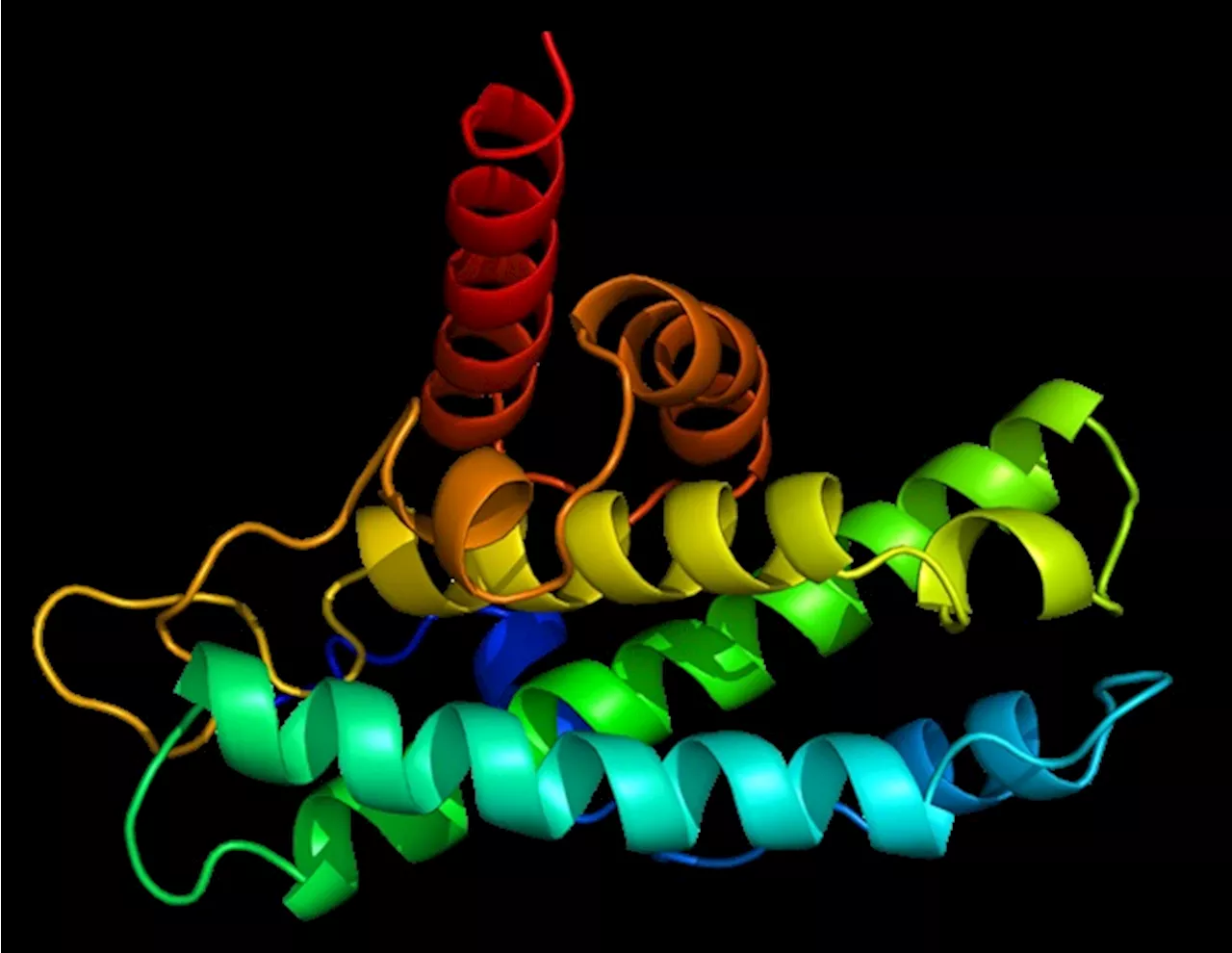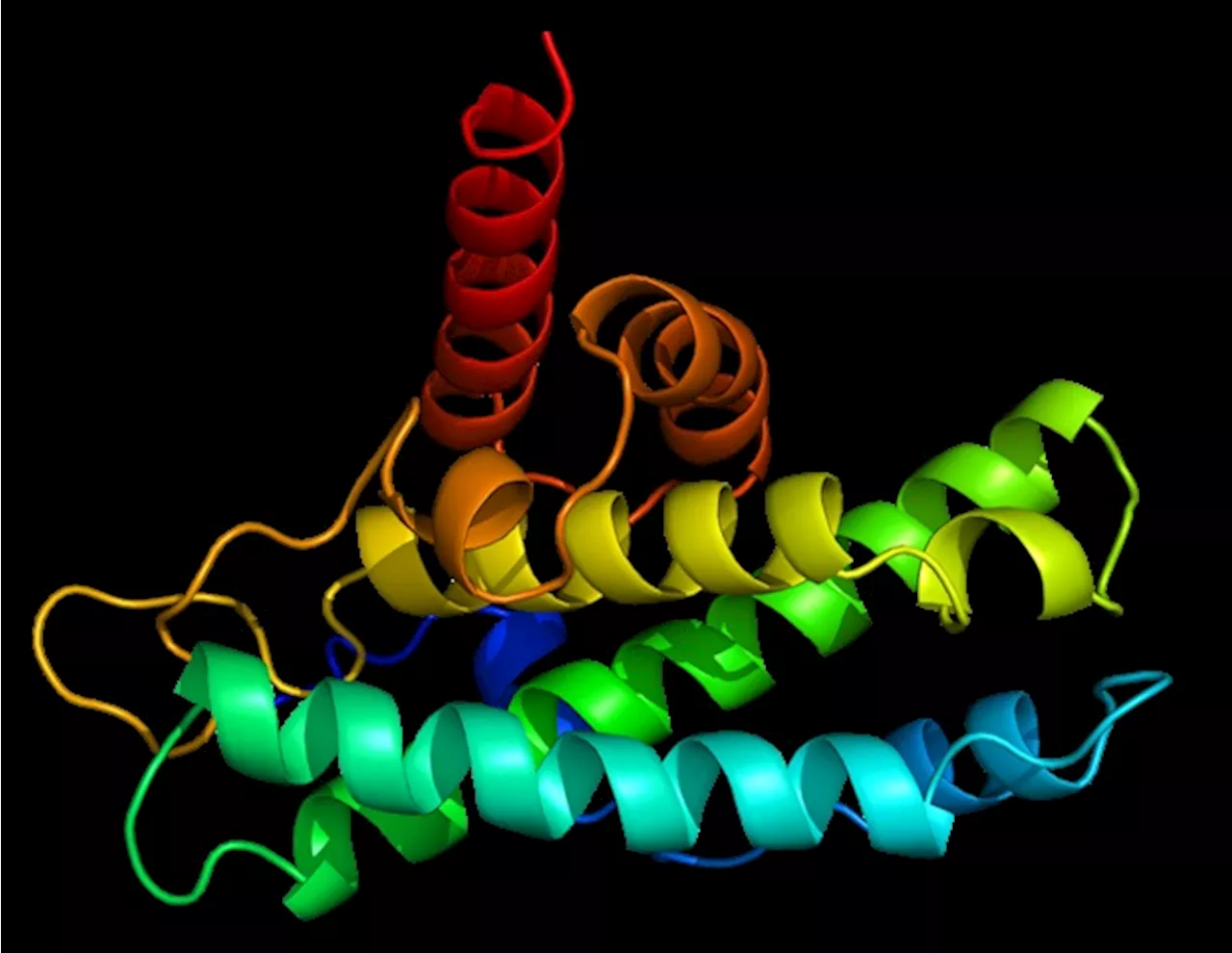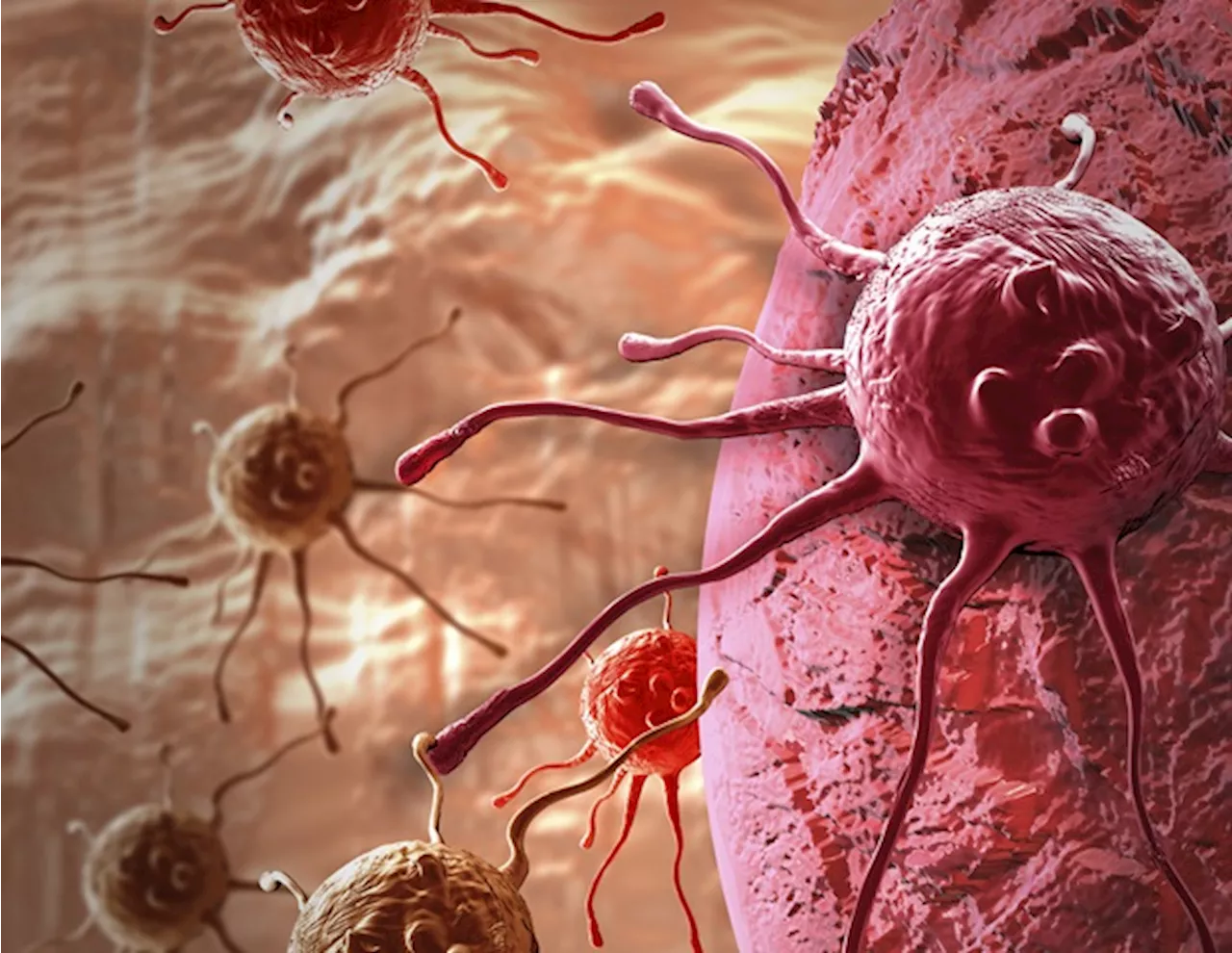A study conducted by researchers at Johns Hopkins Kimmel Cancer Center and the Chinese Academy of Sciences has identified a mouse protein called STELLA that effectively disrupts cancer-causing epigenetic changes in genes associated with human colorectal cancer. This discovery opens up new avenues for developing targeted therapies against solid tumors.
A recently discovered mouse protein, known as STELLA , exhibits the potential to disrupt cancer-causing epigenetic alterations in genes linked to human colorectal cancer . This groundbreaking finding, published January 8th in the journal Nature Communications, originates from collaborative research conducted by scientists at the Johns Hopkins Kimmel Cancer Center and the Chinese Academy of Sciences.
The study revealed that the mouse version of STELLA proved more effective than its human counterpart in inhibiting a crucial epigenetic factor and hindering tumor growth. By pinpointing the amino acids responsible for this activity difference, the research team devised and tested a novel drug strategy utilizing these specific amino acids to treat colorectal cancer in both cell lines and a mouse model.Epigenetics refers to chemical modifications to genes that promote cancer development and spread without directly altering the DNA sequence. It's important to note that these epigenetic changes can dictate when and how genes are expressed, effectively acting as a 'software' layer on top of the 'hardware' of DNA. While existing epigenetic therapies target blood cancers like leukemia, there is a significant unmet need for new approaches to combat solid tumors, the primary cause of cancer-related mortality. The new drug strategy, targeting UHRF1 - a protein implicated in numerous solid tumors - represents a promising advancement in addressing this critical challenge. UHRF1 acts as a guide, directing another protein to add methyl groups to tumor suppressor genes, thereby contributing to cancer development. By intercepting this guide, researchers aim to prevent or even reverse these harmful genomic alterations.The discovery of STELLA's ability to bind and sequester UHRF1 sparked this investigation. Researchers found that mouse STELLA (mSTELLA) effectively binds to UHRF1, while the human version (hSTELLA) does not. This difference stems from variations in their amino acid sequences, with mSTELLA and hSTELLA sharing only 31% identity. Further structural studies identified a specific peptide region in mSTELLA responsible for its superior activity. To assess the potential of this mouse peptide in human cancer, the team tested it on human colorectal cancer cells. The results were promising, as mSTELLA effectively blocked UHRF1 and activated tumor suppressor genes. This success paved the way for developing a lipid nanoparticle therapy to deliver the mSTELLA peptide as mRNA directly to cancer cells, mimicking the mechanism of most COVID-19 vaccines. This innovative approach demonstrated efficacy in mice, activating tumor suppressor genes and inhibiting tumor growth. Given UHRF1's involvement in various cancers, these findings hold immense potential for treating a wide range of malignancies. The research team remains enthusiastic about translating this discovery into clinical trials and making it available to patients
STELLA Epigenetics Cancer Colorectal Cancer Solid Tumors UHRF1 Drug Development
United Kingdom Latest News, United Kingdom Headlines
Similar News:You can also read news stories similar to this one that we have collected from other news sources.
 Zebrafish Protein Repairs Damaged Mouse HeartsResearchers at the Hubrecht Institute have made a breakthrough in heart regeneration research by successfully repairing damaged mouse hearts using a protein from zebrafish. The protein, Hmga1, plays a key role in zebrafish heart regeneration and was shown to restore heart function in mice without any adverse effects.
Zebrafish Protein Repairs Damaged Mouse HeartsResearchers at the Hubrecht Institute have made a breakthrough in heart regeneration research by successfully repairing damaged mouse hearts using a protein from zebrafish. The protein, Hmga1, plays a key role in zebrafish heart regeneration and was shown to restore heart function in mice without any adverse effects.
Read more »
 Aldi Expands High-Protein Range With New Chocolate Ball Yoghurts and Protein SoupsAldi has added two new items to its high-protein range, just in time for those setting fitness goals. The supermarket now offers protein chocolate ball yoghurts and protein soups, alongside its existing popular products.
Aldi Expands High-Protein Range With New Chocolate Ball Yoghurts and Protein SoupsAldi has added two new items to its high-protein range, just in time for those setting fitness goals. The supermarket now offers protein chocolate ball yoghurts and protein soups, alongside its existing popular products.
Read more »
 Scientists discover key protein that helps cancer cells evade CAR T cell therapyScientists at City of Hope, one of the largest and most advanced cancer research and treatment organizations in the U.S. with its National Medical Center named top 5 in the nation for cancer by U.S. News & World Report, have collared a tricky culprit that helps cancer cells evade CAR T cell therapy.
Scientists discover key protein that helps cancer cells evade CAR T cell therapyScientists at City of Hope, one of the largest and most advanced cancer research and treatment organizations in the U.S. with its National Medical Center named top 5 in the nation for cancer by U.S. News & World Report, have collared a tricky culprit that helps cancer cells evade CAR T cell therapy.
Read more »
 Cancer-causing ingredients found in popular protein powdersNearly half of the most popular protein powders on the market tested positive for higher-than-safe levels of heavy metals, including lead, according to a consumer watchdog group.
Cancer-causing ingredients found in popular protein powdersNearly half of the most popular protein powders on the market tested positive for higher-than-safe levels of heavy metals, including lead, according to a consumer watchdog group.
Read more »
 Aldi Extends Viral Protein Range for January with Prices Starting at 99pAldi has extended its popular high-protein food range for January, offering shoppers a range of budget-friendly options for boosting their protein intake. The collection includes new additions, such as vegan sausages and kebabs, as well as returning favorites like high-protein noodle pots and immunity-boosting soups. There are also protein-rich dessert and snack options, including protein yoghurts and chocolate balls.
Aldi Extends Viral Protein Range for January with Prices Starting at 99pAldi has extended its popular high-protein food range for January, offering shoppers a range of budget-friendly options for boosting their protein intake. The collection includes new additions, such as vegan sausages and kebabs, as well as returning favorites like high-protein noodle pots and immunity-boosting soups. There are also protein-rich dessert and snack options, including protein yoghurts and chocolate balls.
Read more »
 Breast Cancer Survivor Opens New Cancer Research SuperstoreA breast cancer survivor opened a new superstore dedicated to raising funds for life-saving cancer research.
Breast Cancer Survivor Opens New Cancer Research SuperstoreA breast cancer survivor opened a new superstore dedicated to raising funds for life-saving cancer research.
Read more »
